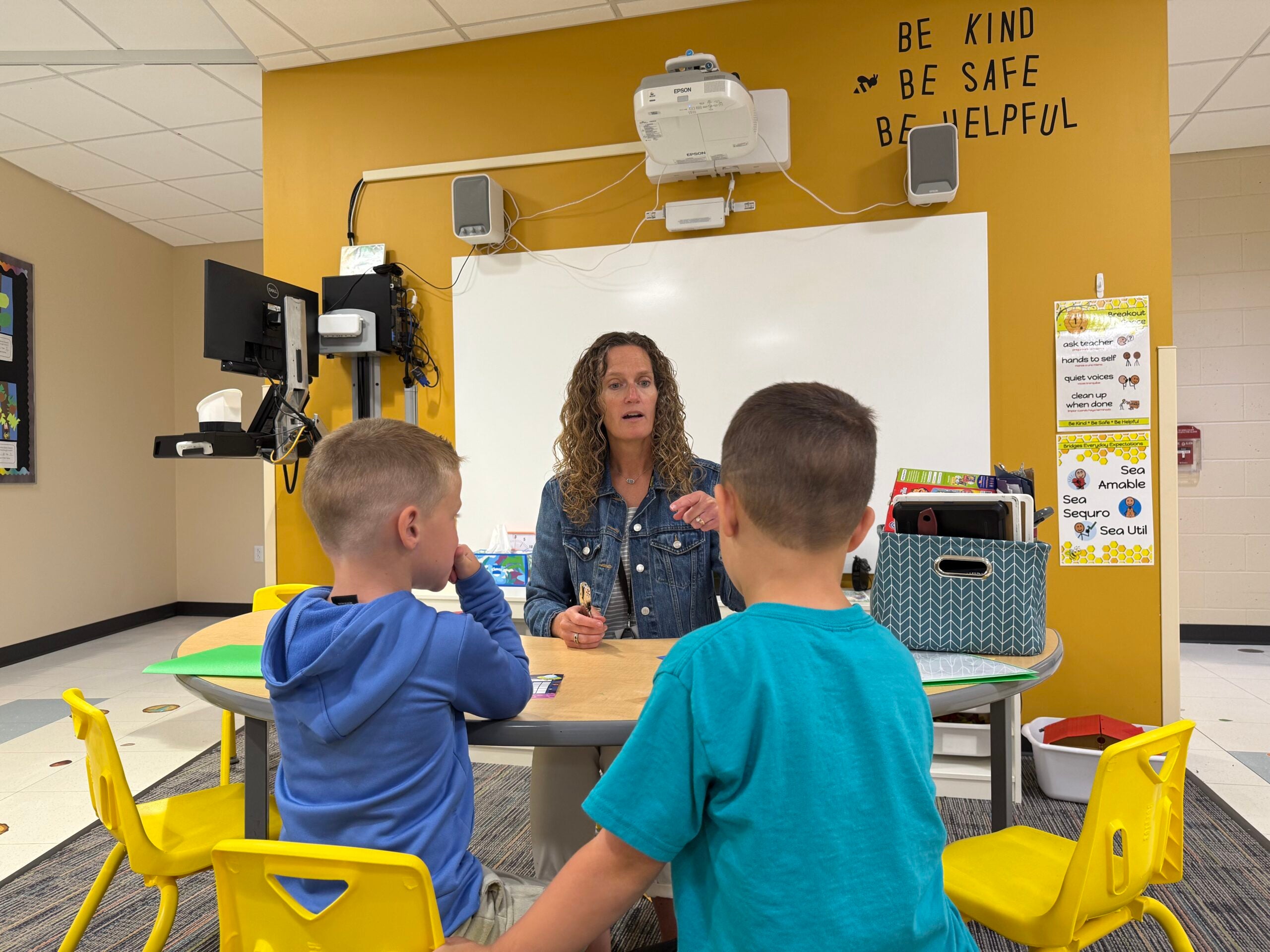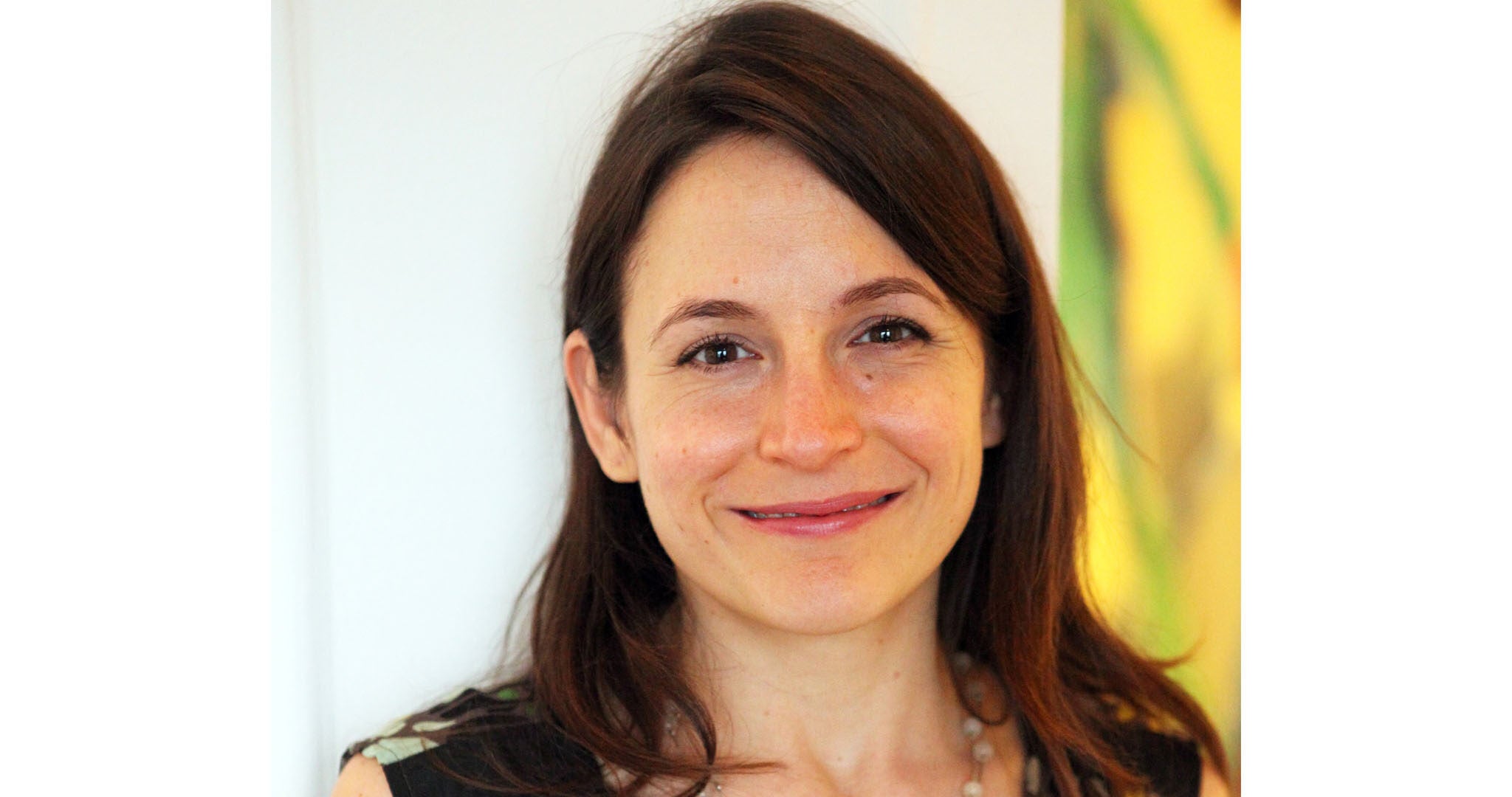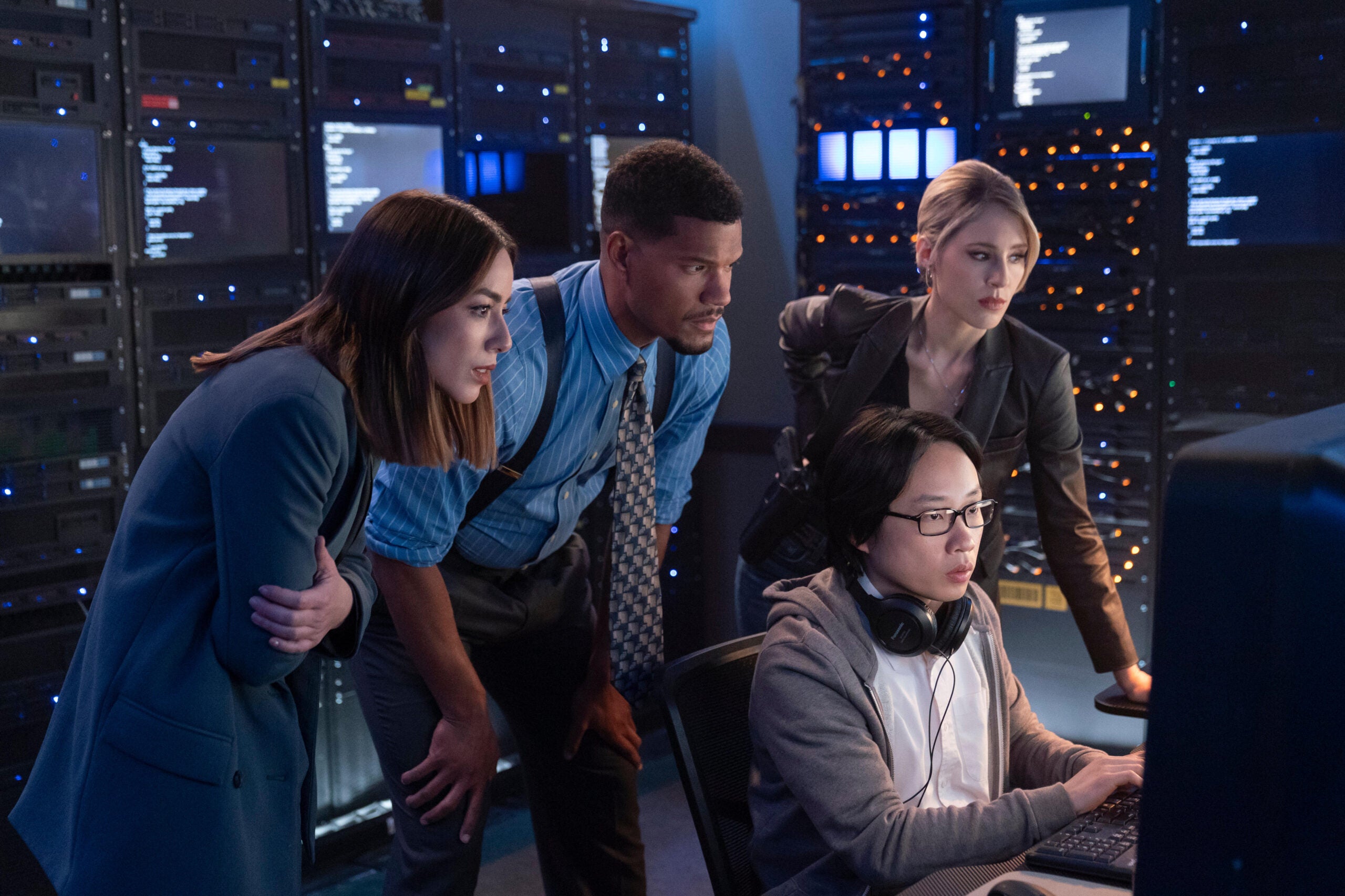New research shows stories filled with magic, dragons, and other fantastical elements may be more conducive to learning. We talk to a researcher about the science behind how children learn. We also find out how the author of a book about DDT, a commonly used pesticide, revolutionized our relationship with the natural world, and we discuss the ACLU lawsuit against the state over alleged abuses at two youth prisons.
Featured in this Show
-
The ACLU of Wisconsin Sues State Over Youth Prisons
The American Civil Liberties Union of Wisconsin has filed a class action lawsuit against the state over alleged abuses at two youth prisons: the Lincoln Hills School for Boys and the Copper Lake School for girls. We speak with the ACLU about the lawsuit and what they hope to achieve.
-
How Rachel Carson Transformed Our Relationship With The Natural World
When Rachel Carson’s landmark book “Silent Spring” first appeared in 1962, it was quickly branded the most controversial book of the time. Carrying a dire warning of the long-term dangers of pesticides, the book helped launch the environmental movement. Fifty five years after its publication, a look at how Rachel Carson and “Silent Spring” continues to transform humans’ relationship with nature.
-
Stories Of Fantasy May Facilitate Childhood Learning
Conventional wisdom would have us believe that children should learn more from realistic or true stories. But new research shows that stories filled with magic, dragons, and other fantastical elements that stoke the imagination may be more conducive to learning. We’ll speak with Deena Weisberg about the science behind how children learn.
-
Leave Reality To Adults, Fantasy Helps Kids Learn
Imagination has long been heralded as one of the great virtues of childhood. Pretending to have super powers, playing with an invisible friend or making up stories is all seen as typical kid behavior.
But new research finds those tendencies to imagine the impossible may be more than just fun and games for children — it may be the key to helping them learn.
Deena Weisberg, a senior fellow in the department of psychology at the University of Pennsylvania, wrote about her research in an article, “Why kids can learn more from tales of fantasy than realism,” for Aeon magazine.
“It’s surprising to a lot of people to hear me say that imagination is a crucially important tool for some of the more serious cognitive abilities that we have like learning and reasoning and memory,” Weisberg said.
Imagination allows people to leave reality for places like the world of Harry Potter or Middle-earth, but it can also be used in subjects like science. Weisberg said imagination teaches the ability to ask questions like “what could happen here?”
“Being able to ask those questions, being able to use our imagination to think about reality can then help us understand the structure of reality more deeply,” she said.
When Weisberg and her team began the research process, they were hoping to use books to teach new words to kids in low-income preschools in an attempt to close the vocabulary gap that can emerge before kindergarten.
Weisberg got the idea to track what kind of books did a better job of teaching kids the new words.
The researchers found by the end of the sessions the children gained more knowledge of the words explained in fantastical themes – such as magic and dragons – than they did from the realistic themes such as cooking.
“Our kids were learning the vocabulary words more deeply, they were able to report back more of the definitions of the new words that were teaching from the fantastical stories,” Weisberg said. “I was surprised at first, but it’s something that keeps happening.”
But fantastical tales don’t have to include knights or wizards, Weisberg said. In her research she uses stories of talking flowers or a hamster that can walk through walls, anything that challenges reality.
Up until this point, research has found realistic stories kids can easily relate to their own daily lives do a better job of introducing new words or concepts.
So why did Weisberg and her team find fantastical tales were a better learning tool? Weisberg said she’s not 100 percent sure yet, but she has a couple theories.
First, it’s possible children are paying more attention when their understanding of reality is being challenged.
But another explanation – one Weisberg said she thinks is more interesting and a little bit more controversial – is it’s not just that kids are paying attention, but how they are paying attention.
“When you’re reading a fantastical story and you encounter one of these events that’s contrary to the rules of reality, something about that event says, ‘Hey, wake up, what’s going on here is not what you expect. You need to be bringing some serious processing resources to figuring out what’s happening in this book,’” she said.
Weisberg said that’s a specific kind of attention to the events of a story that could be leading to better learning.
She said further work must be done to better evaluate which theory holds true, but regardless, Weisberg said it’s evident fantastical stories from Harry Potter to a talking flower have more to offer than just entertainment.
Episode Credits
- Rob Ferrett Host
- Veronica Rueckert Host
- J. Carlisle Larsen Producer
- Larry Dupuis Guest
- William Souder Guest
- Deena Weisberg Guest
Wisconsin Public Radio, © Copyright 2025, Board of Regents of the University of Wisconsin System and Wisconsin Educational Communications Board.




